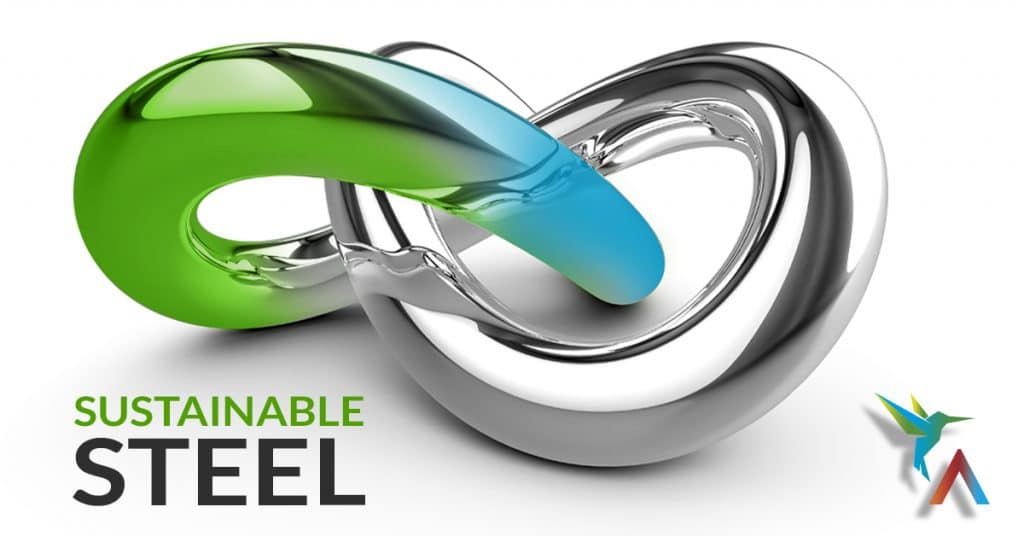The conference “Sustainable Steel – Analyses, Experiences and Reports from the Steel Supply Chain” organized by Siderweb, the main Italian website for the steel sector, was recently held.
During the event, the results of the report prepared by Siderweb in collaboration with Claudio Teodori, Cristian Carini and Laura Rocca, professors at the University of Brescia, were presented.
Companies from all sectors of the short steel supply chain (producers, distributors, service centers and scrap and ferroalloy traders) with a turnover of more than 40 million euro or which reported the preparation of a sustainability report were taken into consideration. 28 reports were analyzed: the companies all belong to the steel production sector.
The analysis for the two-year period 2020-2021 shows that companies have a predominant interest in the environment, understood as the development of energy saving initiatives, material management, circular economy (emissions, waste…).
Next in interest are human resources, with particular reference to initiatives to improve personnel management processes.
In third place is the focus on community and territories, followed by business risks and the production chain.
The availability and content of the reports describe a growing trend, which has favored the drafting of sustainability reports: it is above all the larger players or those with the greatest corporate complexity that are moving first.
As mentioned, the environmental dimension represents the main element on which steel companies focus: the focus is, in particular, on climate change. This is followed by the use of resources in a circular economy perspective, with a significant number of companies describing in detail the safeguarding and optimization activities implemented along the production cycle and highlighting the centrality of scrap. Finally, a further area of interest is on the management of water resources.
From a social point of view, the focus is on human resources, which companies enhance with welfare initiatives, with attention to health and safety at work and with training on sustainable issues.
Finally, the analysis reveals a vanguard in terms of sustainability initiatives: 52.5% of the companies analyzed have been running sustainability projects for more than three years, with 42.5% declaring a commitment of even more than five years.
In short, very positive signals are coming from the steel sector, which is increasingly committed to sustainability!




